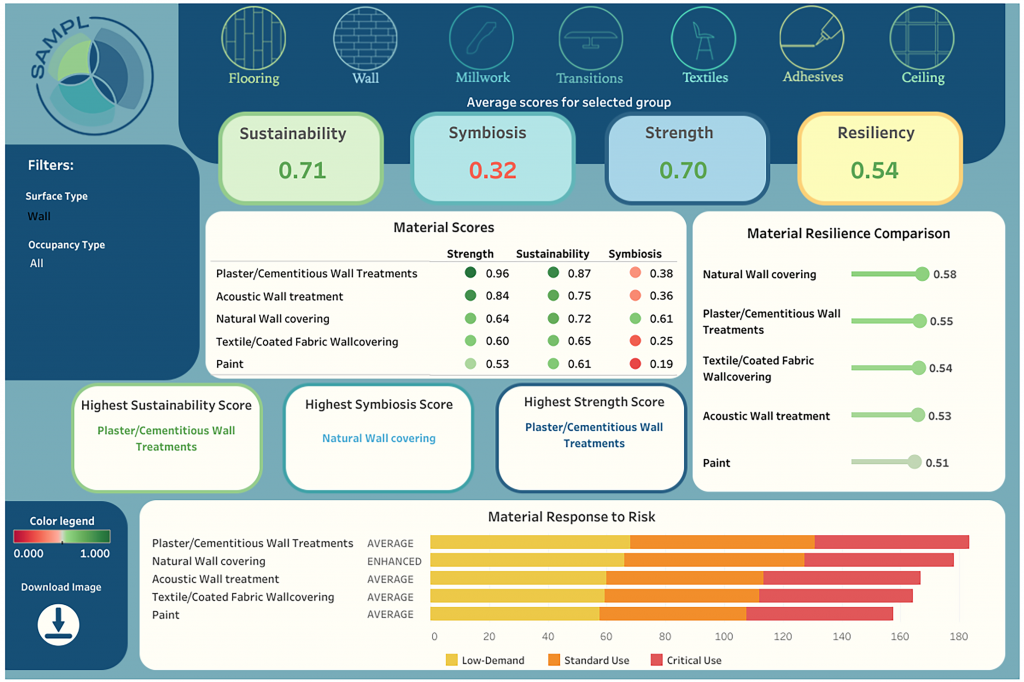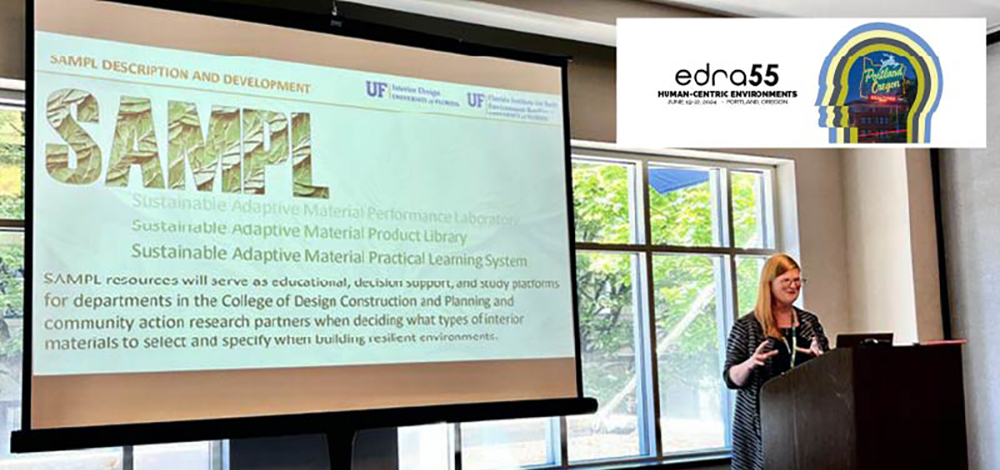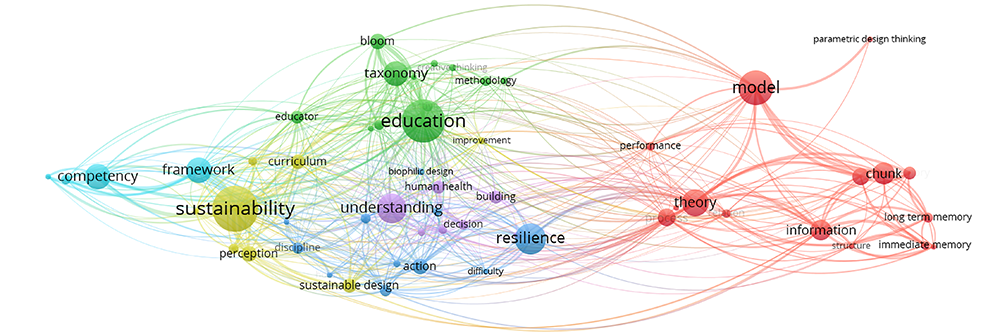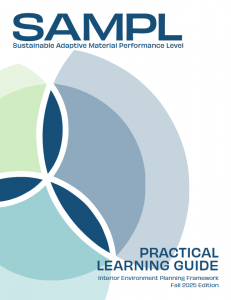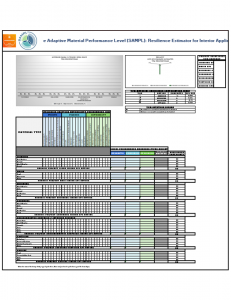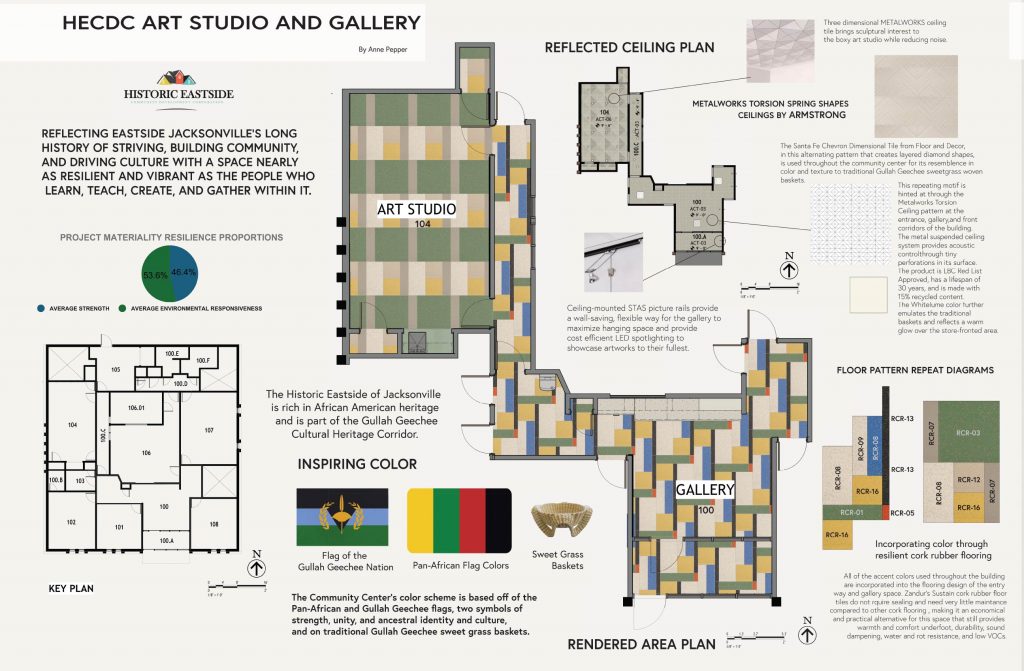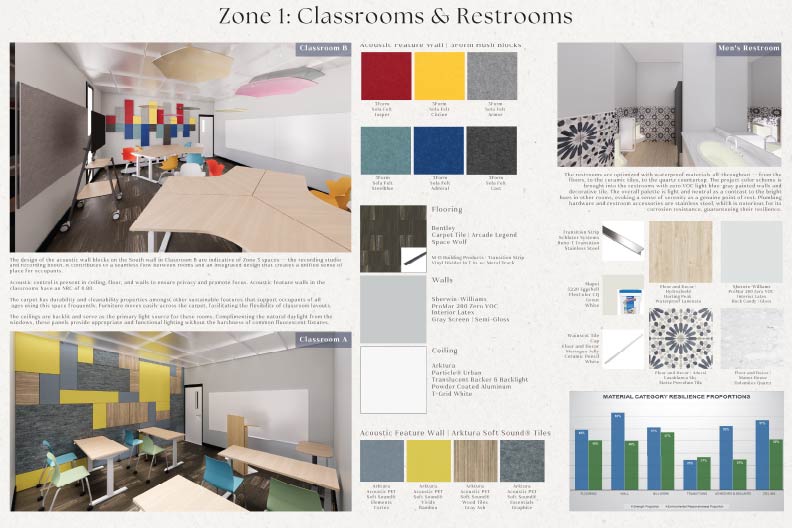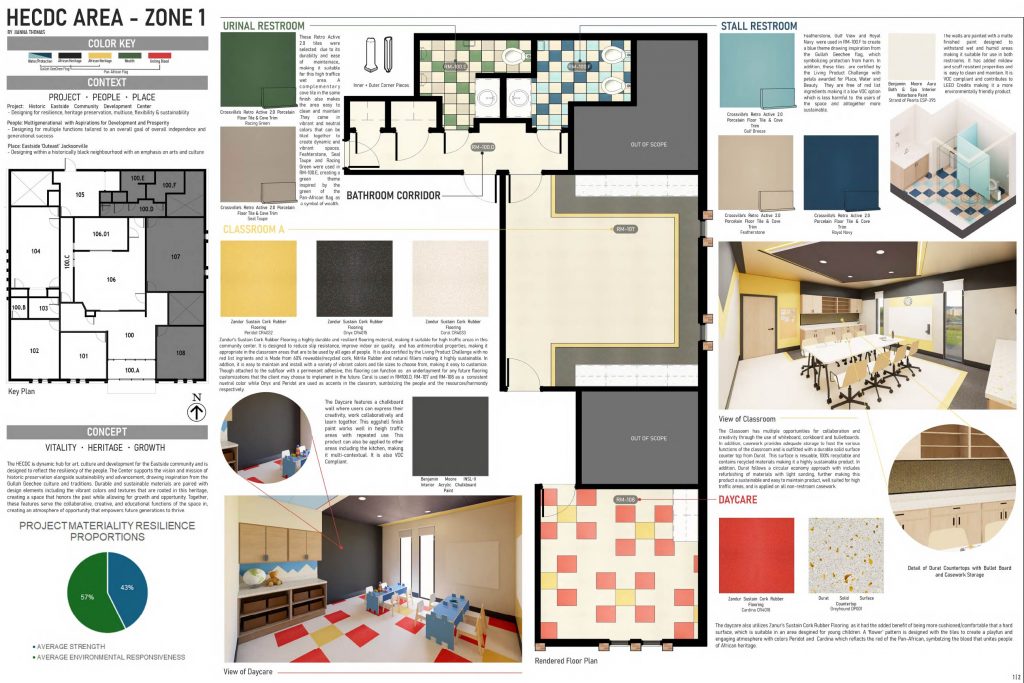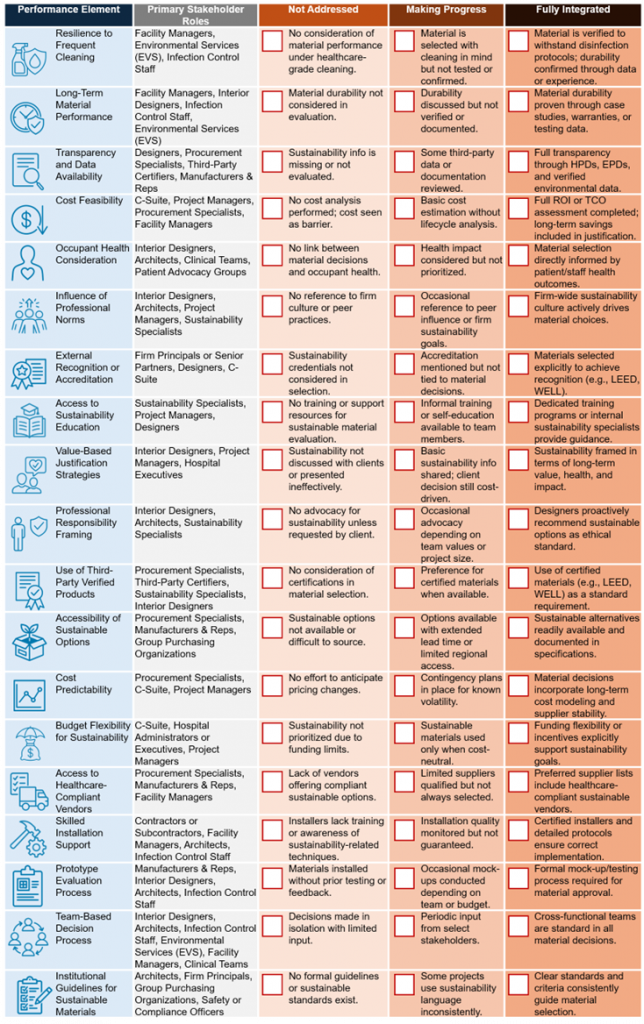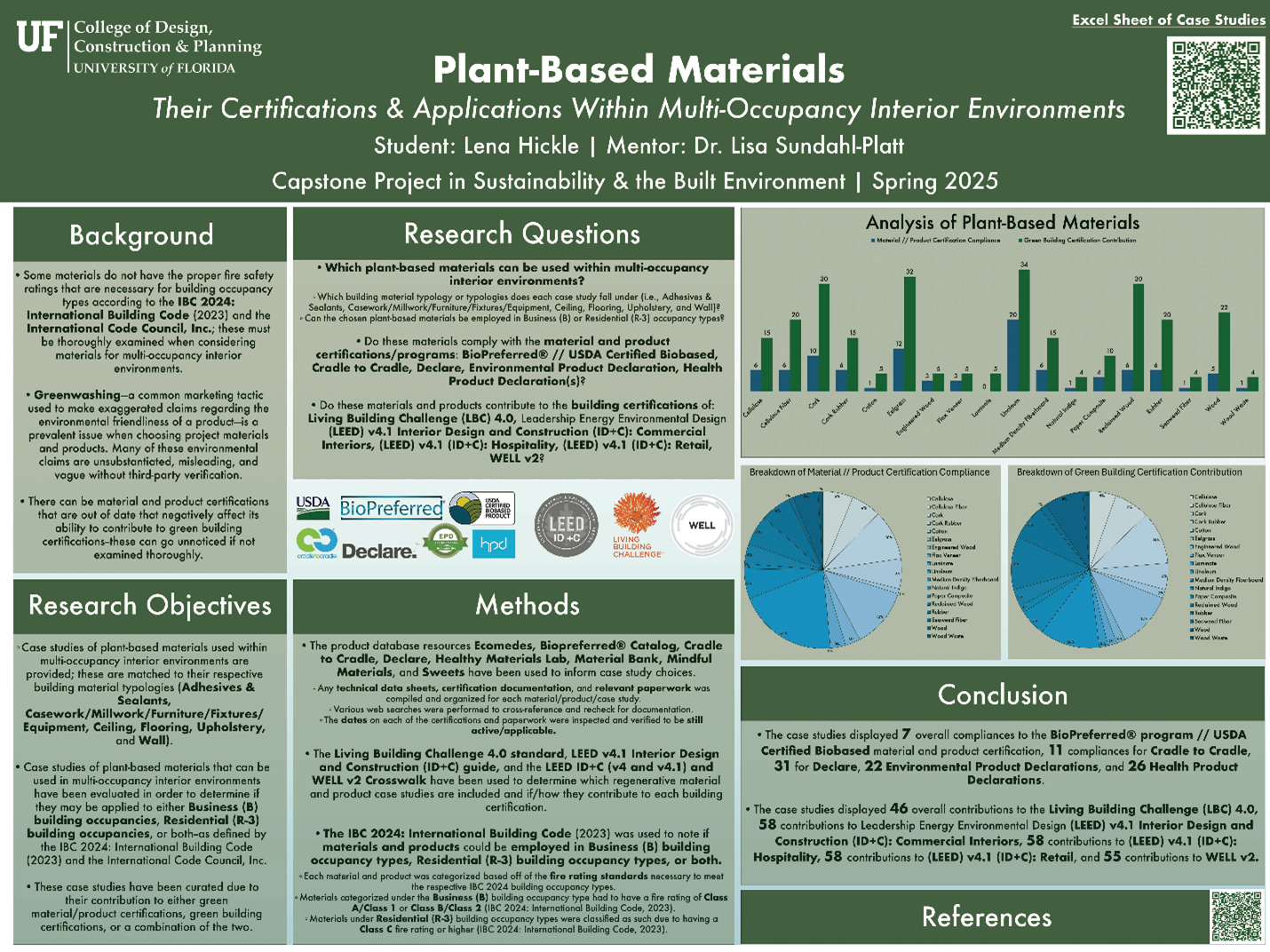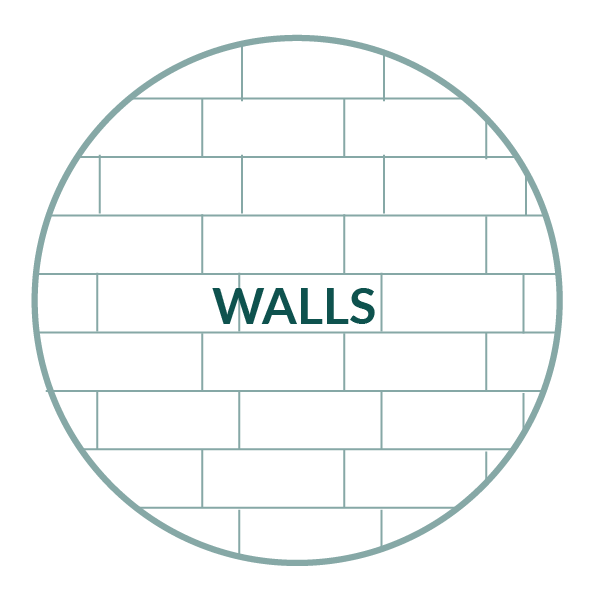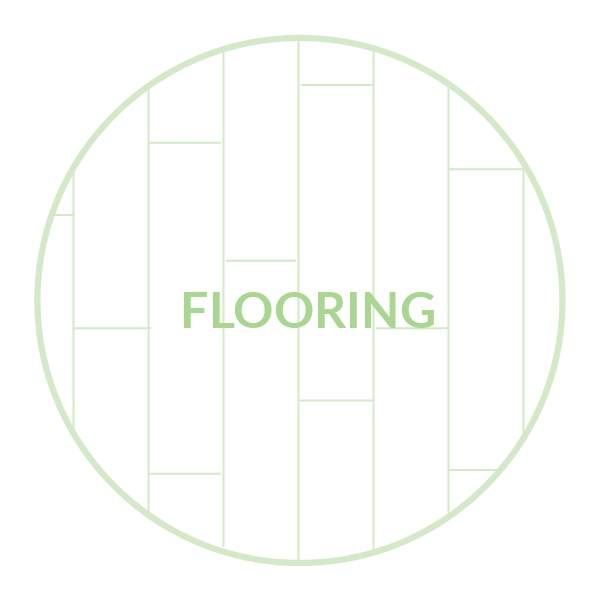Sustainable Adaptive Material Performance Level (SAMPLTM)
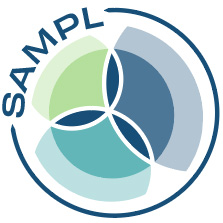
Future-ready interior design is about expanding what’s possible. It shapes intelligent, resilient, and sustainable environments that set new benchmarks for adaptability and regeneration.
The Sustainable Adaptive Material Performance Level (SAMPLTM) model supports designers, researchers, and design educators in advancing material performance while also enhancing occupant well-being and environmental health.
Explore SAMPL’s interactive, AI-powered Material Intelligence Dashboard designed to facilitate smarter, safer, and more sustainable material choices for every design project.
Experience SAMPL’s AI-Powered Material Intelligence Dashboard.
SAMPL Material Intelligence Dashboard
The SAMPLTM Dashboard uses a validated resilience engineering approach to help users choose interior materials that increase safety, support, and well-being for healthier, more enduring design. The SAMPL analysis model comprises three core categories that inform material type overall resilience potential:
Unlike conventional databases, SAMPLTM provides an interactive environment that enables users to actively explore and compare the performance of various materials across real-world building risk level scenarios.
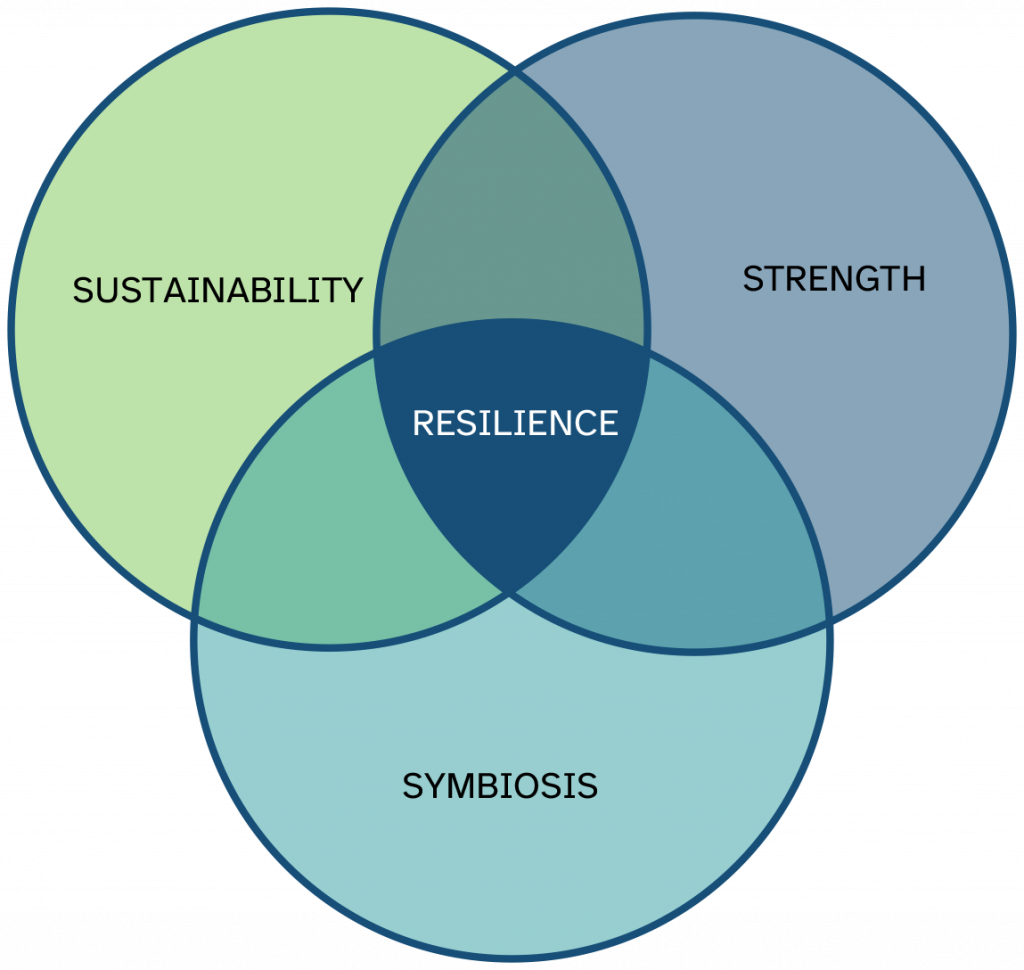
The Minor, Moderate, and Major risk categories on the SAMPLTM dashboard reflect International Code Council (ICC) risk categories, which indicate the potential consequences of material failure on occupant health, safety, and welfare. By leveraging this data-driven approach, users are empowered to make safer, more adaptable, and sustainable design choices that enhance interior environment health and overall safety.
If you would like more information, please contact Lisa Sundahl Platt: lisaplatt@ufl.edu.
SAMPL Lab and Guided Research
The SAMPL lab supports hands-on learning for students and advances original research initiatives within undergraduate and graduate cohorts. By integrating resilience engineering principles directly into course curriculum, SAMPL elevates competencies in sustainable material selection, system-thinking, and design literacy.
The SAMPL platform is rooted in rigorous, validated research and draws on third-party material testing to inform material resilience predictive analysis.
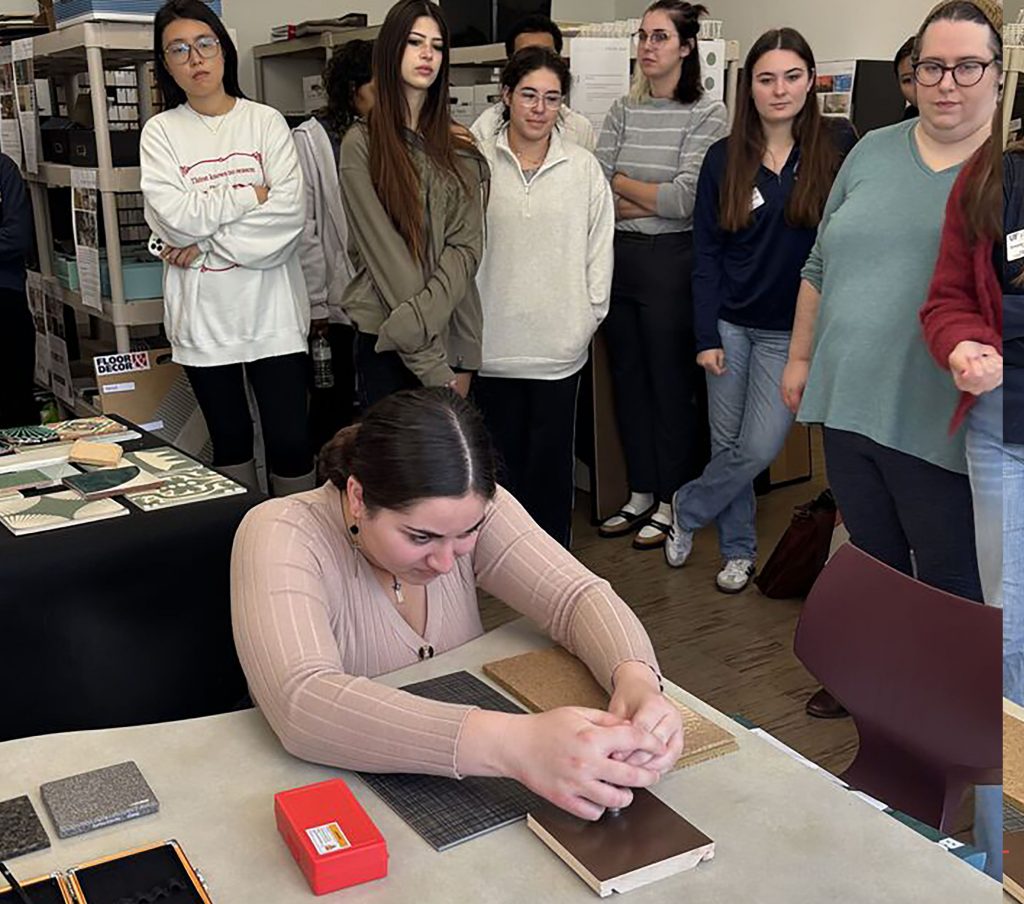
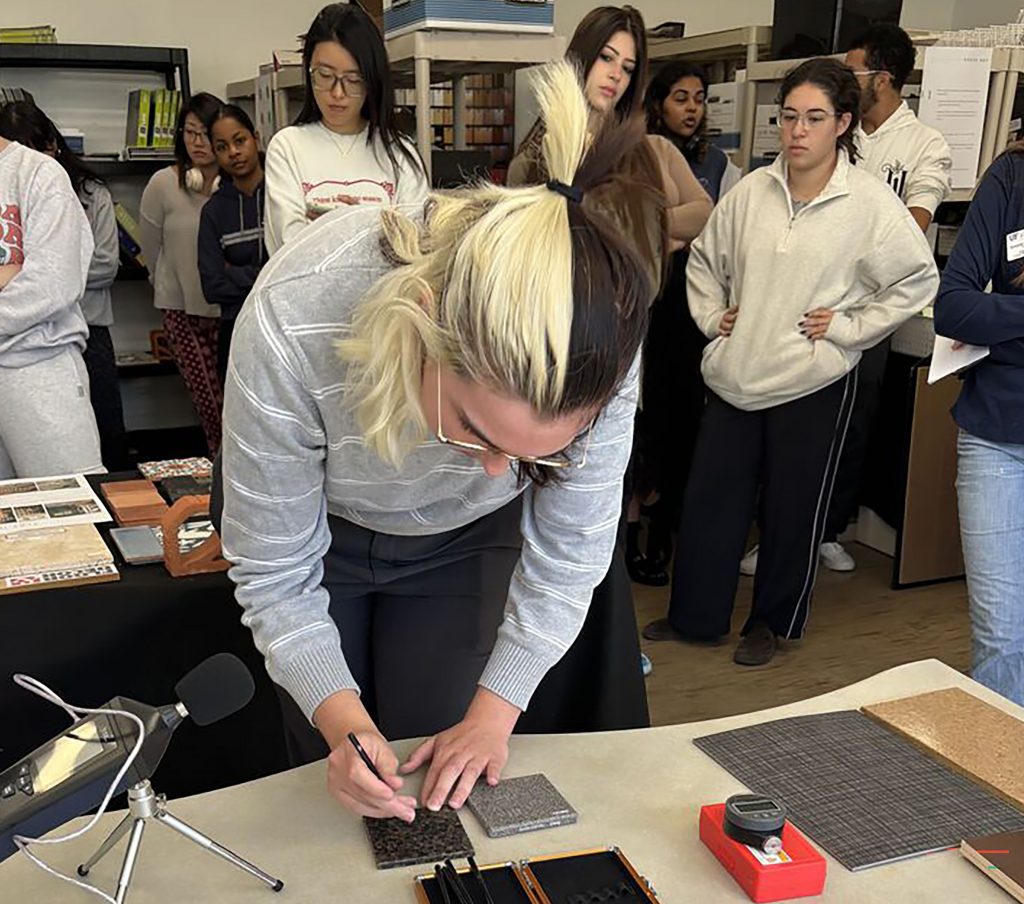
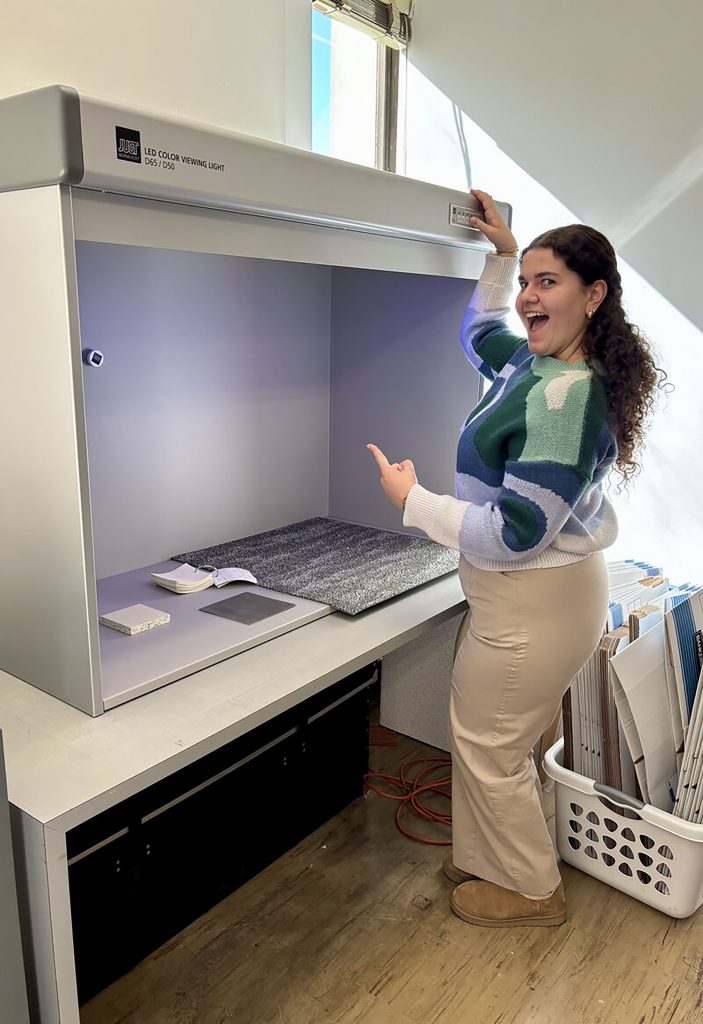
The SAMPL model and its resources have been featured at leading international design conferences, highlighting global collaboration and knowledge sharing. Presentations on SAMPL’s impact, methods, and pilot results position it as a standout contributor to resilient design education.
SAMPL drives resilient design by evaluating real-world risks from climate and system threats. In partnership with the Florida Office of Insurance Regulation, it measures how building materials perform under natural hazards and moisture intrusion, helping reduce flood damage and insurance costs. The platform supports builders and policymakers with a flexible system to guide smart material choices for resilient, climate-adaptive buildings.
SAMPL Research Publications
Materials Research
What’s Next?
As SAMPL continues to drive research, policy, and educational advancement, further innovations in material performance benchmarking, curriculum development, and real-world risk mitigation are on the horizon.
Computational Design Thinking: AI-Enhanced Academics
SAMPL provides educators and practitioners with an AI-powered structured learning platform that transforms material performance data into hands-on educational experiences, seamlessly connecting theoretical knowledge with real-world design decision-making. This innovative framework develops critical competencies in systems-thinking, strategic planning, and sustainable design practice while advancing resilient materials education and professional training. By preparing professionals to create resilient, health-positive environments through evidence-based material assessment, SAMPL bridges the gap between academic learning and industry practice with comprehensive resources including:
These downloadable resources provide educators with systematic implementation strategies aligned with CIDA standards and offer students hands-on experience with AI-driven material evaluation tools that reflect the potential consequences of failure and essential occupancy requirements, ensuring graduates can confidently navigate the evolving landscape of performance-based product evaluation in professional practice.
SAMPL Student Success Stories
Meet our changemakers! See how SAMPL students transform ideas into action tackling real challenges, gaining recognition, and making a difference in their communities. Students use SAMPL’s computational tools to address real problems while building technical skills and understanding how design affects communities.
SAMPL Scholars
Sustainable Materials Scholarship
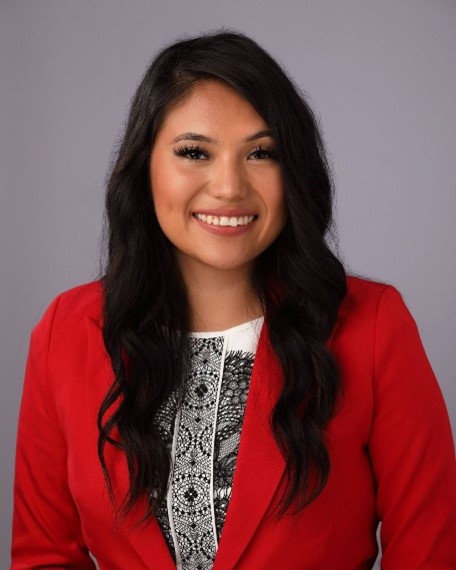

Master of Interior Design student Marife Aleman was been awarded the prestigious Ultrafabrics Inc. Scholarship in 2025 worth $10,000 as reported on Bold.org.
Her graduate thesis research is using the Sustainable Adaptive Material Performance Level (SAMPLTM) framework to examine how materiality can be intentionally applied to shape more human-centered environments that respond to the sensory and emotional needs of individuals with autism. By integrating sustainable materials and inclusive design principles, Ms. Aleman’s work demonstrates how environmentally responsible choices can foster comfort, adaptability, and well-being within transient spaces.
Through her exploration of sensorially attuned design, Ms. Aleman advances the field’s understanding of how thoughtful material strategies can enhance accessibility and inclusiveness. Her approach unites ecological stewardship with a deep commitment to human experience embodying the core values of universal design.
Climate Research Fellowship
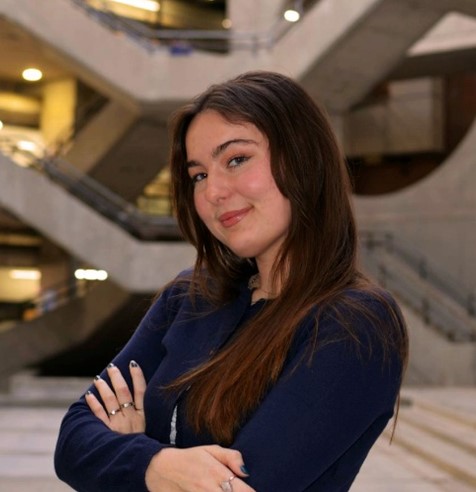
Emma Hitchcock, an Interior Design undergraduate, earned a Florida Climate Institute fellowship to study resilient interior materials in multi-family residential buildings classified as ICC/IBC R2 occupancy along coastal Florida. Working with Dr. Lisa Sundahl-Platt at FIBER, Emma uses SAMPL’s computational model to evaluate material performance in Gulf Coast communities, contributing research on climate adaptation for “missing middle” residential buildings.

SAMPL Community Co-design
Community Partnership: Jacksonville Historic Eastside Community Development Center
Students in the Interior Materials and Finish course use SAMPL’s computational dashboard to work on environmental challenges while learning professional skills. Their recent project for the Jacksonville Historic Eastside Community Development Center was presented at a showcase event co-sponsored by Floor & Décor, where industry professionals saw student work.
“We wanted to create a space through materiality that is sustainable for the community… making it easier for those that use the Center,” explained junior student Mitch Tuell.
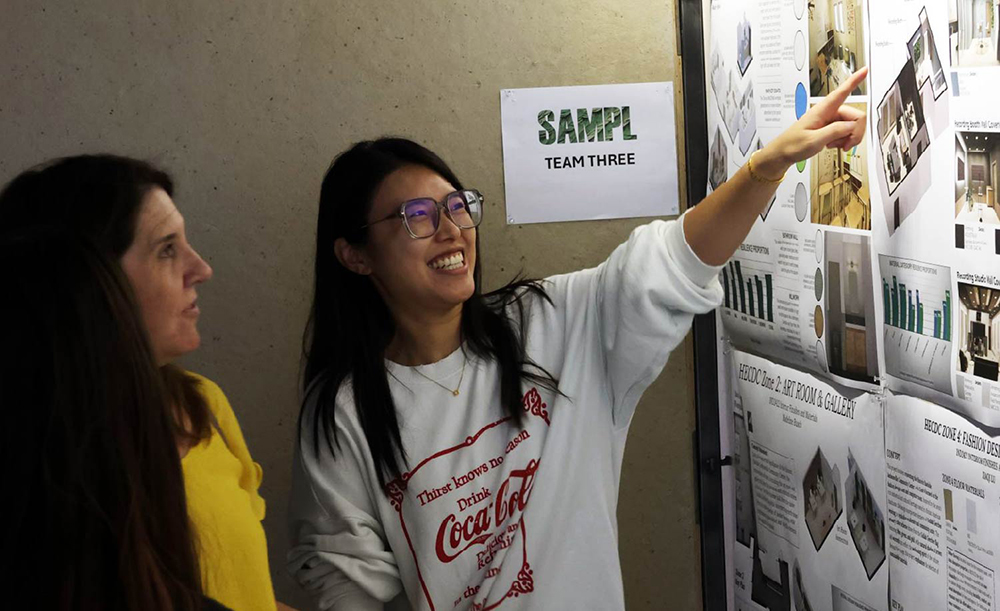
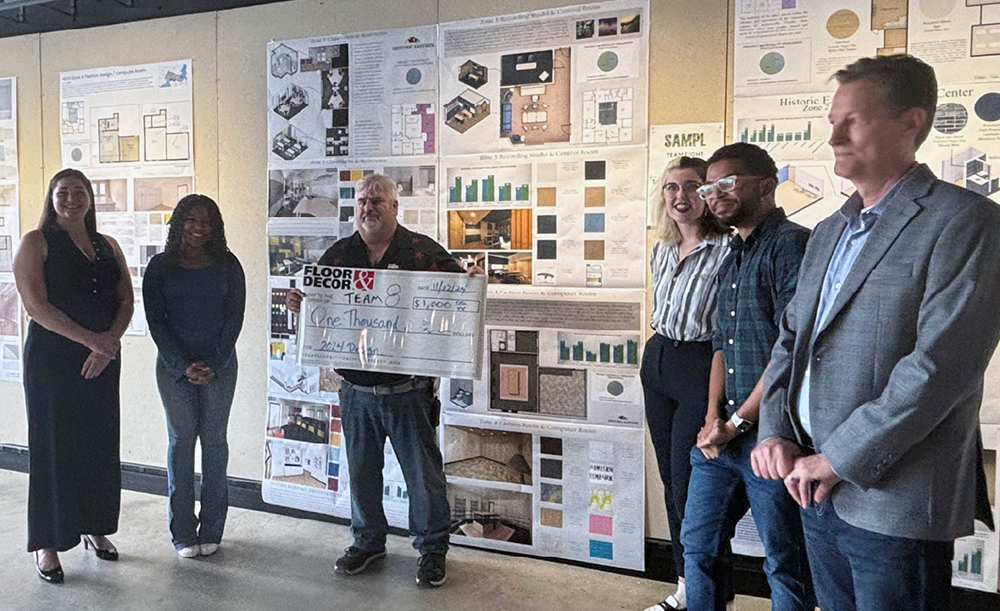
Student teams created design solutions using SAMPL’s computational dashboard, balancing technical requirements with community needs. These projects show how SAMPL teaches students both technical skills and awareness of social issues. Graduates understand how to tackle community challenges using design methods that produce concrete results in buildings and neighborhoods.
Undergraduate & Graduate Leveling Interior Material & Finishes Capstone Projects: 3a-Anne Pepper Class of 2026; 3b-Jyslen Archer, Class of 2026; 3c-Jianna Thomas, Class of 2026
SAMPL Aligned Student Research Products
Graduate Products
Dr. Xiaoyu Chen, a recent UF Interior Design DCP doctoral graduate, delivers a SAMPL-aligned research output that introduces a Material Sustainability Performance Assessment Taxonomy for healthcare design. Using a SAMPL aligned materials framework and the Theory of Planned Behavior, this tool supports teams in making sustainable, human-centered material choices for resilient healthcare environments by linking behavioral insights with clear, actionable standards.
The Material Sustainability Performance Assessment Taxonomy provides an evidence-based method for healthcare design teams to evaluate and advance sustainable interior materials. Grounded in the Theory of Planned Behavior, it translates 19 technical measures into actionable elements which include Attitudes, Subjective Norms, and Perceived Behavioral Control, are rated on a three-tiered scale and mapped to stakeholder roles. This practical tool enables teams to identify gaps, benchmark practices, and set sustainability priorities, supporting transparent, interdisciplinary decision-making with measurable guidance.
©Copyright 2025 University of Florida Research Foundation, Inc. All Rights Reserved.
Undergraduate Products
Lina Hinkle, a recent undergraduate of the UF SBE program, exemplifies SAMPL-aligned research’s cross-disciplinary potential through her work on plant-based materials for sustainable design. Her project leverages material intelligence to spotlight rapidly renewable resources and address issues like greenwashing in material selection. By organizing and evaluating plant-based materials based on certification standards, fire ratings, and applicability across building types, Lina’s research bridges the gap between environmental science, regulatory compliance, and health-focused design, showcasing how sustainable and adaptive material performance supports holistic, human-centered, and actionable sustainability strategies across disciplines.
The SAMPL Collection
The SAMPL curated collection of building materials and finishes is housed at the UF DCP Bruno E. and Maritza F. Ramos Collaboratory. Products featured in the SAMPL collection represent a carefully selected group of building materials and finishes that exemplify resilience, sustainability, and innovation.
The curated SAMPL collection is specifically utilized as an instructional resource for design students, enabling hands-on learning about building materials and finishes that exemplify resilient properties and high technical performance. Through integration in the UF curriculum, the collection supports research and education in built environment resilience, empowering students to assess, select, and specify materials that contribute to long-term durability, adaptability, and sustainability in diverse design contexts. This applied framework helps bridge theoretical knowledge and practical skill development, advancing competencies essential for innovative resilience research and real-world material specification in design practice.
This includes the following products:
If you would like your product to be considered for inclusion in the SAMPL curated collection, please contact Lisa Sundahl Platt: lisaplatt@ufl.edu.
SAMPL Development Team Members
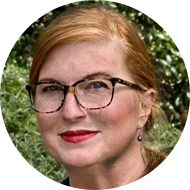
Lisa Sundahl Platt, Ph.D.
Principal Investigator
Florida Institute for Built Environment Resilience (FIBER) Research Faculty
Assistant Professor
Interior Design
University of Florida
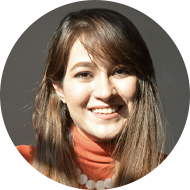
Arezoo Zeinali, MSc.
Graduate Research Assistant
SAMPL Predictive Model Co-creator
Ph.D. Candidate
Interior Design
University of Florida
SAMPL Steering Committee

Roberto Jose Rengel, M.A.
SAMPL Educational Platform Steering Committee Member
Professor
Architecture
University of Florida

Sheila Bosch, Ph.D.
SAMPL Educational Platform Steering Committee Member
Associate Professor
Interior Design
University of Florida
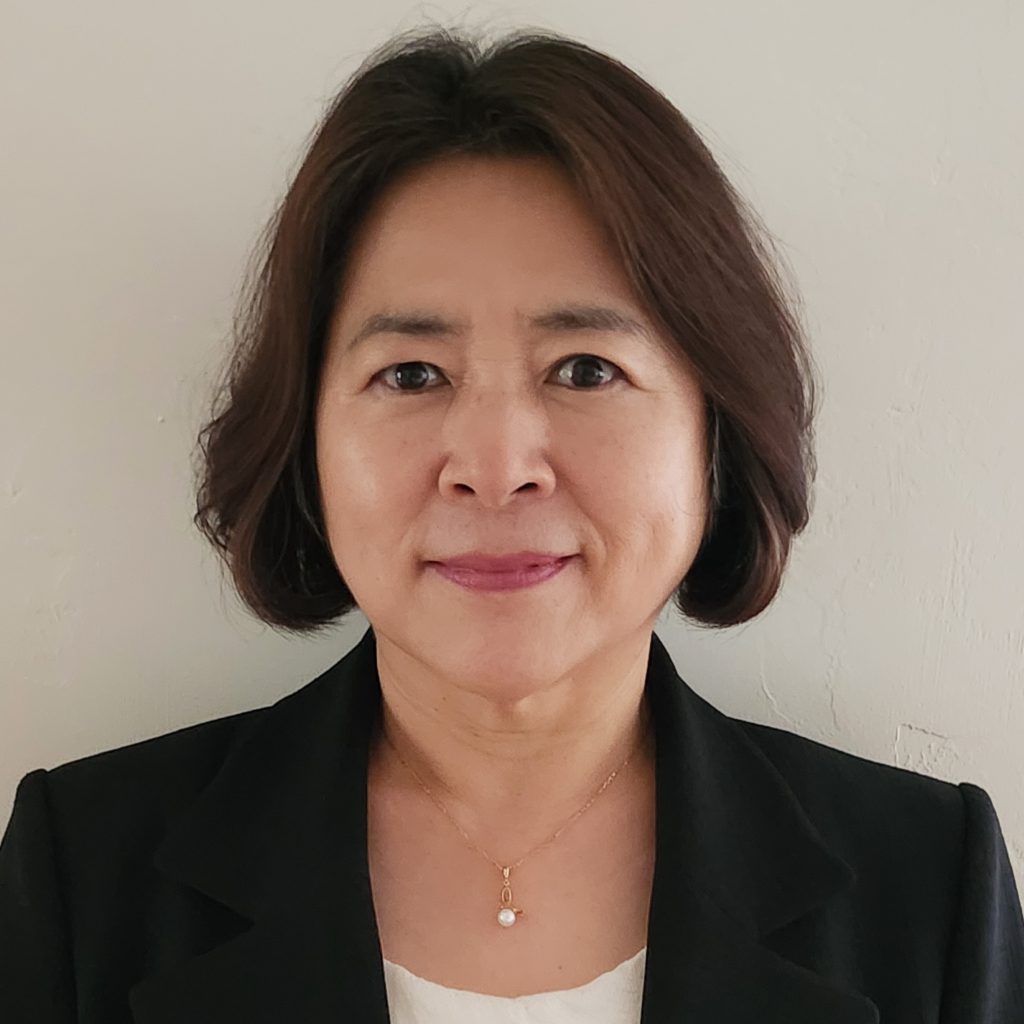
Nam-Kyu Park, Ph.D.
SAMPL Educational Platform Steering Committee Member
Associate Professor
Interior Design
University of Florida

Shabboo Valipoor, Ph.D.
SAMPL Educational Platform Steering Committee Member
Associate Professor
Interior Design
University of Florida
SAMPL Applied Research Advancement
Material Intelligence for Enhancing Built Environment Resilience and Insurability
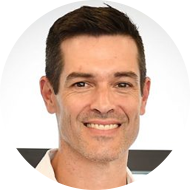
Jeff Carney M.Arch, M.URP
SAMPL Built Environment Resilience Research Co-Investigator
Director, Florida Institute for Built Environment Resilience (FIBER)
Professor
Architecture
University of Florida

Patricia Born, Ph.D.
SAMPL Built Environment Resilience Research Co-Investigator
Midyette Eminent Scholar in Risk Management/Insurance
Risk Management/Insurance, Real Estate and Legal Studies
Florida State University
Integrating SAMPL Systems Thinking and Creative Output

Jason Meneely
Department of Interior Design
Associate Professor
University of Florida

Luis Mejia-Puig
Department of Interior Design
Assistant Professor
University of Florida
SAMPL Graphic Brand Identity Development and Design
Ashlyn Murry
Department of Interior Design
Undergraduate Student
Class of 2026
SAMPL Relational Database Management and Resource Librarian
Meagan Pelham
Department of Interior Design
Undergraduate Student
Class of 2026
SAMPL Support Partners

The SAMPL platform for Interior Environment Planning research and education is made possible thanks to the generous funding from the Angelo Donghia Foundation and ongoing support from our partners at Floor & Decor.
If you wish to support SAMPL ongoing initiatives and take part of upcoming events please contact Lisa Sundahl Platt: lisaplatt@ufl.edu.

Representative SAMPL
Be part of the SAMPL story. Get the newest updates, learn about ongoing initiatives, and see what events are coming up!
Subscribe to our SAMPL Stories blog post for the latest advancement and news.
Receive updates on the latest SAMPL events through our LinkedIn page.
